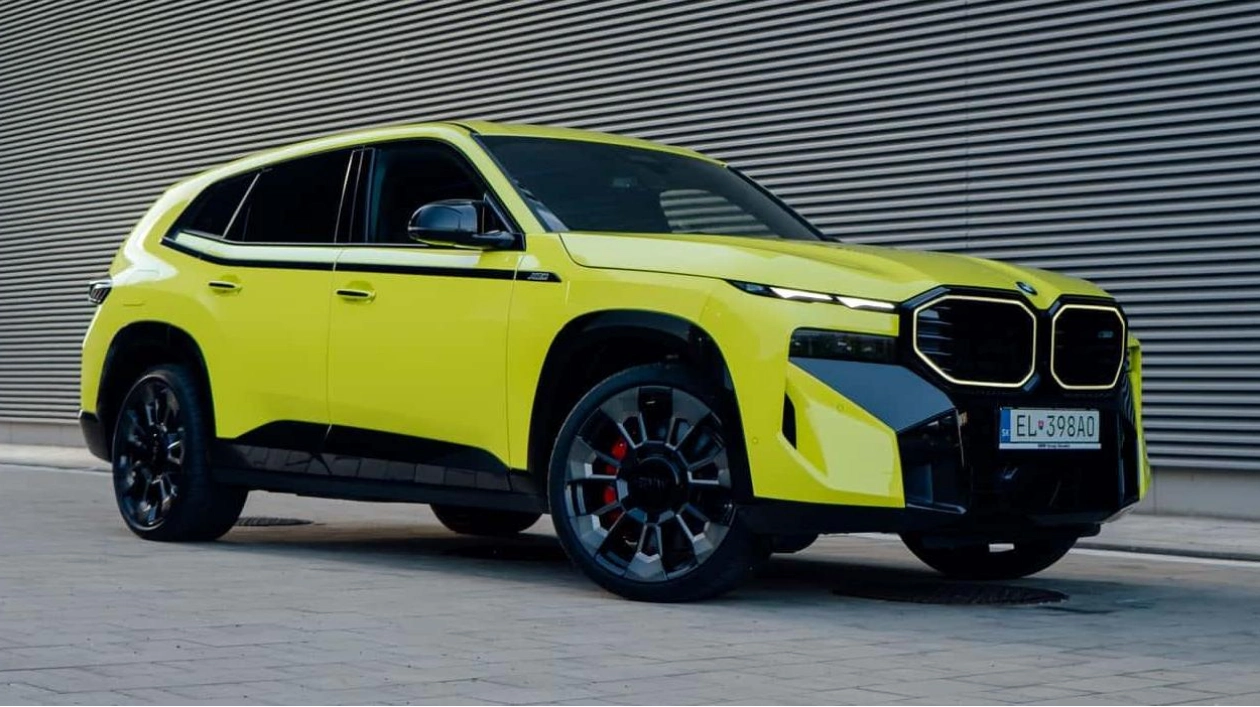The BMW XM has faced a challenging journey since production commenced in December 2022. Sales of this performance SUV have been sluggish, a trend that persisted into the third quarter of this year. Over these three months, BMW managed to sell only 307 XM SUVs, marking a 30.7% decline from the 443 units sold in the same period last year. This is particularly striking when compared to other slow-selling BMW models. For instance, BMW sold 543 Z4s during this quarter, making the XM less popular than a two-seat roadster, a segment known for its low sales volumes. While Z4 sales have surged by nearly 64%, this represents just a 212-unit increase.
The XM's performance is less notable when considering BMW's broader sales landscape, which has seen declines across its brands. Passenger car sales are down 5%, SUVs have dipped 8.5%, and the Mini brand has suffered a staggering 33% drop compared to the same quarter last year. Even the iconic 3 Series, recently refreshed, has seen a 13.7% decline. These are not positive signs.
Year-to-date figures offer a slightly less alarming picture. Overall, BMW's sales are down just 2.1% compared to last year, a difference of only 5,740 cars. Some models, like the Z4, have seen significant percentage gains. The 5 Series is up 44.7%, the 2 Series has risen 25.6%, and the X4 has increased by 41.8% compared to Q3 last year. However, most models have seen declines. Every Mini model experienced a sales drop, with the Countryman, its top seller, down 16.4%. The Cooper S hardtop is the brand's best performer, with a modest 3.3% decline.
Here's hoping that many people choose to gift each other BMWs this holiday season, adorned with those large bows. The brand has much work ahead if it aims to end 2024 on a positive note.






